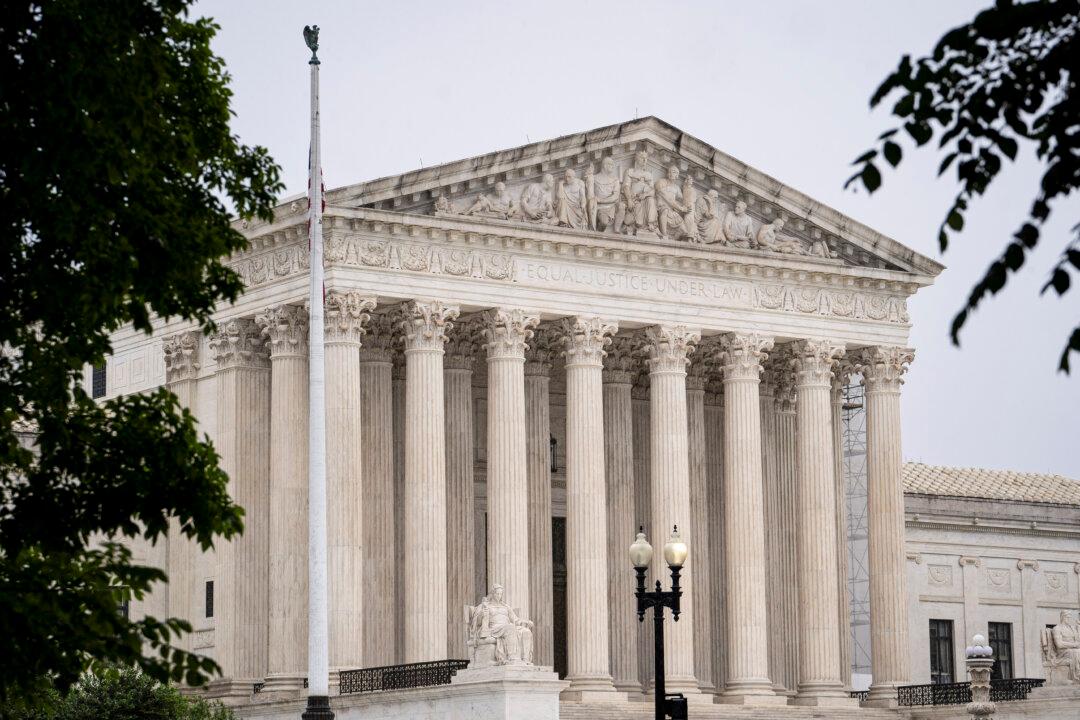The Supreme Court has agreed to consider the standards of evidence for employers trying to prove that their workers should not qualify for overtime pay and other legal protections provided by U.S. wage laws.
The court granted the petition for certiorari, or review, in E.M.D. Sales Inc. v. Carrera in an unsigned order on June 17. No justices dissented. The court did not explain its decision. At least four of the nine justices must vote to grant a petition for it to advance to the oral argument stage.





